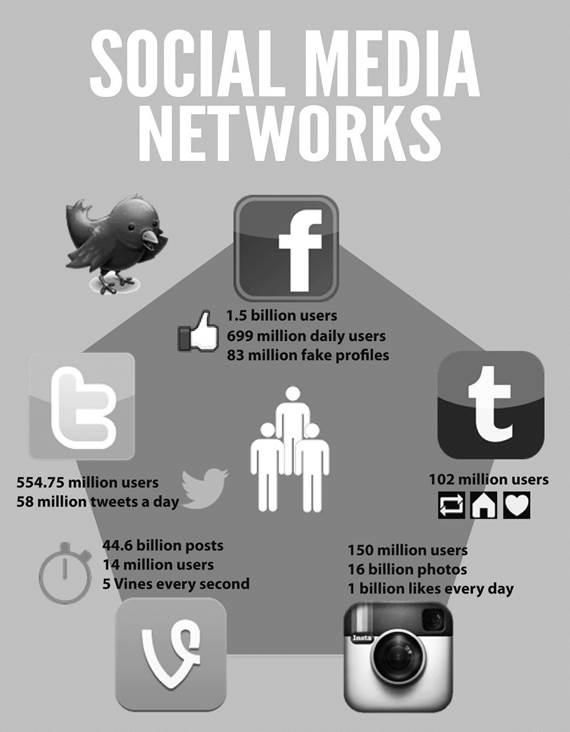In response to a steadily waning teenage demographic on Facebook, the popular social networking site has changed its privacy policy last month in hopes of bringing back the slowly diminishing crowd. The new modifications have made user information less private, assuming from teenagers’ obsession over other SNS like Instagram and Pinterest that teens want less privacy and wider publicity.
Unfortunately, Facebook’s efforts to revive its appeal to younger audiences like myself will not likely be met with success, as we have been turned off by factors that are more than just limited privacy settings.
In mid-October, Facebook introduced two major changes: first, it has made all users’ newsfeed searchable; and second, it has allowed people under the age of 18 to share photos and updates to all Facebook users, beyond just “friends” or “friends of friends.” The prior, more restrictive setting was to protect minors from strangers, but as the site began losing coveted teenage users and thus declined in business from advertisers, it opted to eliminating any such regulations to regain its popularity among youngsters.
Facebook is still the dominant leader in the SNS world with its whopping 50 million active users per day, but the sign of diminishing teenage users, a highly desired demographic, has them worrying.
So why has the popular site suddenly lost appeal from the younger crowd? The answer would undoubtedly have to be the invasion of adult users. With parents and relatives able to see status updates, it has become anything but comfortable to post whatever we feel. When a funny picture meant to be seen by friends start to receive “likes” from mom and her friends, the site can no longer be an unrestricted forum, free to banter with friends, rather another place under the constant scrutiny of adults. It isn’t necessarily that teenagers want to hide everything from the parent generation, but surely, the “act/speak as if your grandmother were in front of you” rule shouldn’t have to apply even online when we simply want to have fun.
In addition, most teens use SNS on mobile apps, and Facebook’s features, compared to Instagram or Snapchat, can often be considered cumbersome.
On the other hand, clearly, if restrictions of privacy settings had been a great issue, teenagers could have easily slid past that policy lying about their age to say they were over 18.
Facebook’s new, unrestrictive policy is hardly novel in today’s world, however, as other popular SNS such as Twitter, have little to no privacy settings. The new Facebook changes only further indicate the obvious and inevitable trend of a steady corrosion of privacy online. As we slowly move into a society in which confidentiality has lost its value, our generation must not forget how potentially dangerous it is to freely divulge personal information.









